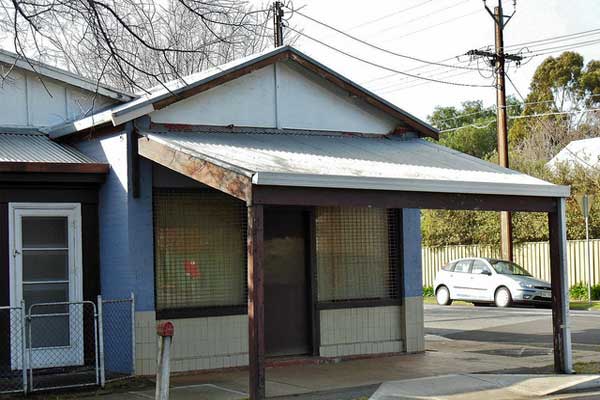Last Updated:June 26, 2025
17 Questions to Ask an Awning Company BEFORE You Hire Them

Photo Source: Unsplash.com
Hiring any contractor can be a scary prospect, and we’ve heard some true horror stories. To help reduce some of the stress and risk with hiring someone to install your awning, we’ve created a list of 17 questions that you should ask before signing a contract. In each question, we will let you know why we are asking the question, what information you should be listening for, and how important the question is. It’s doubtful that you’ll meet a contractor who hits all 17 questions exactly as we hope; however, this will aid you in figuring out how much risk there is with each option. With that perspective, it’ll be easier to identify the best option for your individual project.




